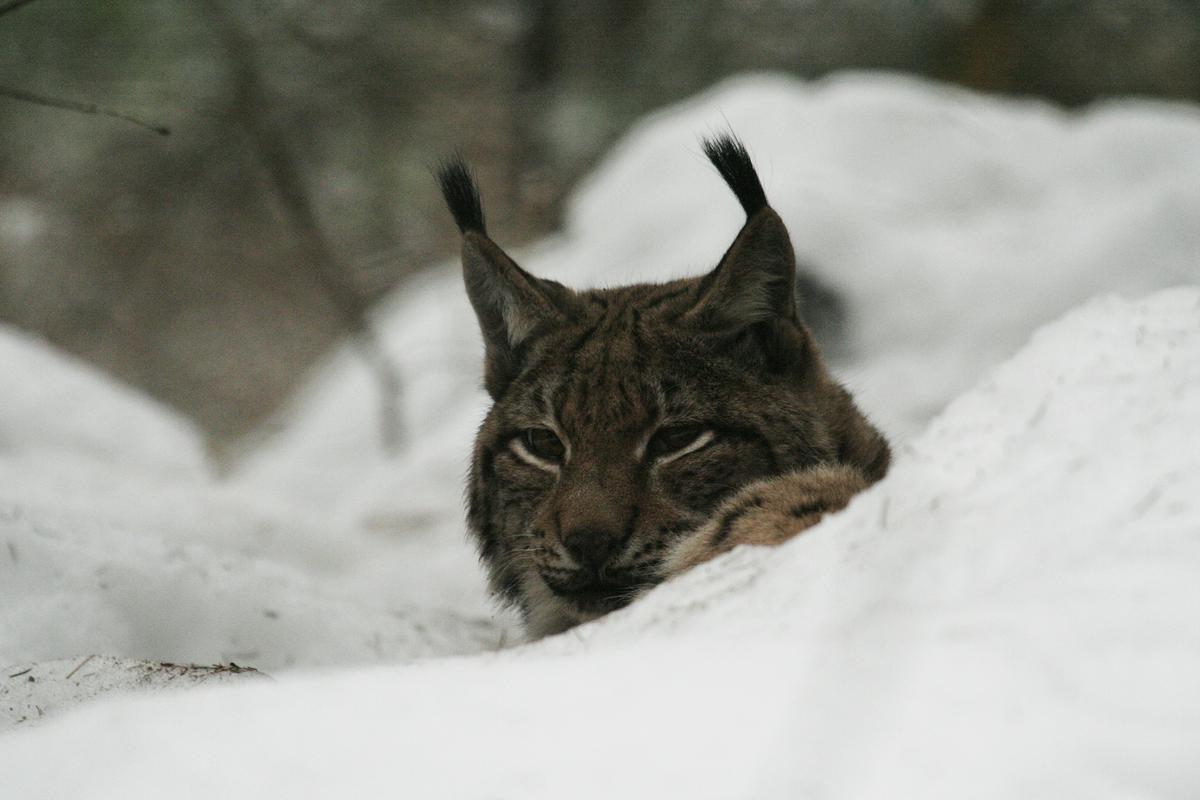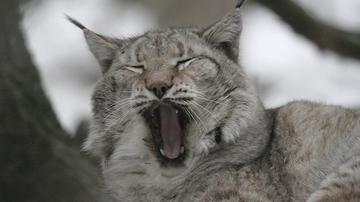
"Searching for the animal among fallen trees and branches on steep ravines is more like trying to find a needle in haystack. Despite all our effort, the lynx is still in the lead with 30:0,5," is what the Ljubljana Zoo wrote in a press release on the "anniversary" of the animal's escape.
The zoo also attached a nice diary recording the search for the clever animal. The diary includes all the false alarms caused by people mistaking the footprints of normal cats, dogs and even rabbits with those of the lynx. In many cases people also called reporting to have seen the escaped lynx, when in reality what they only saw was a domestic cat. In the meantime wild cats have also appeared (and become famous) on Twitter, while the "top cat in town" still makes his followers laugh with witty remarks.
Counting on the help of recreational walkers
The female lynx is still in the wild, even though they've been searching for her for a whole month now. So far they've set up traps, used hounds with GPS devices around their necks, conscientiously responded too all sighting reports, but to no avail.
"Today the score is 30:0,5 for the lynx," is what the zoo says, adding that they're most happy when they get calls from citizens who do help with their observations. "At this moment their help is invaluable to us. Tens of people go for walks in this area every day. They have a much bigger chance of coming across the animal than our modest, exhausted team which has been on alert for a whole month now," adds the zoo. They also stress that they will not give up hope. They assure that they will keep searching for the lynx until they find it.
"Risa" or "risinja"?
In the press release the zoo also touched on the usage of the phrase risa, the correct term according to Slovenian language standards when implying to a female lynx. "We, the animal biologists at the Ljubljana ZOO, are not Slavic scholars. However for 24 years now we've been using the word "risinja" and not "risa" for a femaly lynx. It sounds nicer and is more understandable. The Slovenian language is a living thing in constant change," the zoo reminds.






























































